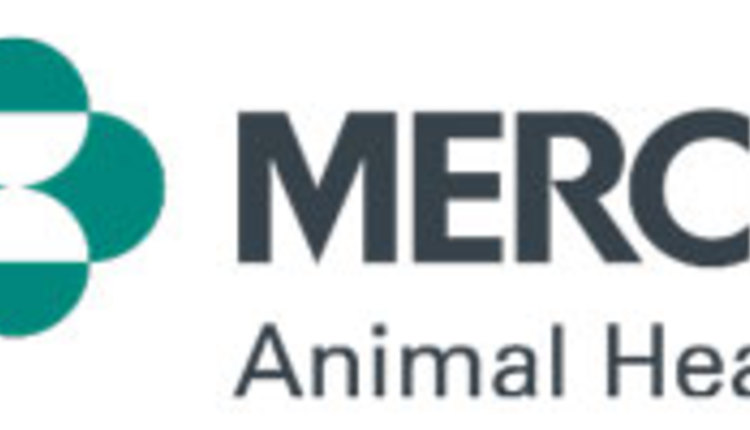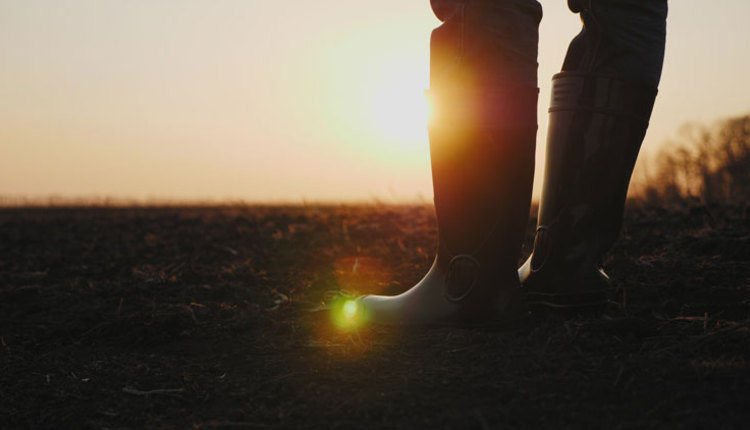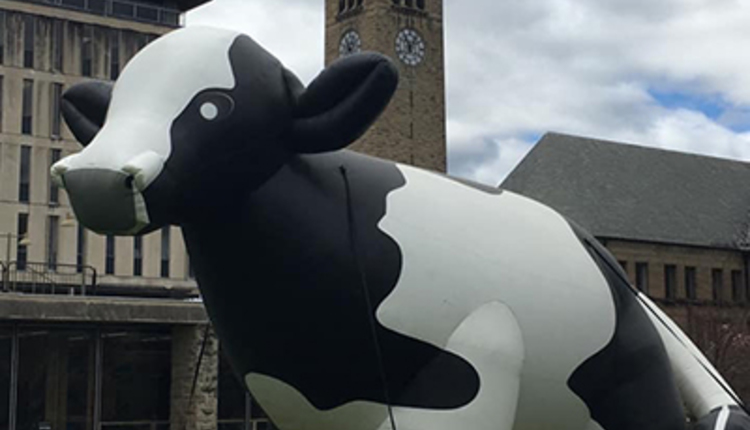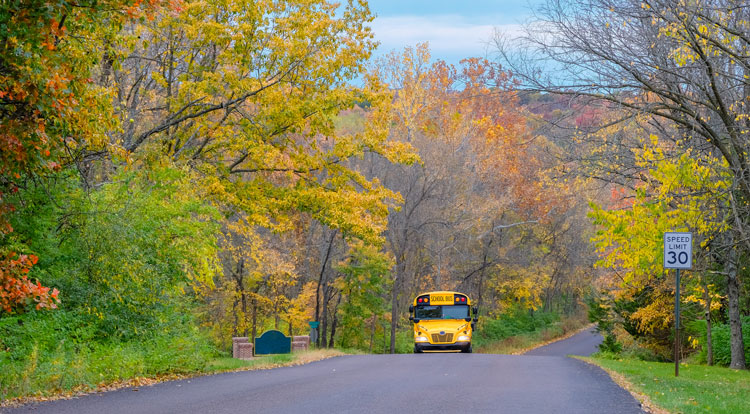
If you’ve never seen the movie The Princess Bride, keep reading, but once you’re done, go watch it. It’s a classic, filled with quick-witted dialogue, sword fighting, true love, and some great examples of how to survive near-impossible circumstances.
For the sake of my metaphor, this year is the equivalent of the movie's Fire Swamp. If you’re unfamiliar with the movie, all you need to know is that the two main characters find themselves traveling through this incredibly dangerous landscape which is known for its “three terrors” — random flame spurts, lightning sand, and rodents of unusual size (ROUS).
According to the film, most people don’t survive the fire swamp. Yet, after some learning experiences (being set on fire, falling through lightning sand, and being attacked by a ROUS), the protagonists survive and even work their way around several of the terrors unscathed. They adapt to their harrowing environment, despite the odds.
I think that’s pretty representative of our 2020 society. Adaptation is necessary to our survival.
Earlier this spring, we had a guest lecturer in our Dairy Herd Management class who asked us a question that really made me think: “What does a dairy farm have to do to survive today?”
Spoiler alert — there isn’t really a right answer to this one. But, I think you can sum up all the possible answers with one word: adaptability.
There is no one-size-fits-all answer to successful dairy farming. Your business has to adapt to accommodate milk prices, market changes, consumer demands, the weather, and more. Some farms may need to grow, shrink, diversify, produce value-added products, build a barn, change their management . . . and the list goes on and on.
Normally I find myself applying tips from the whole of society to dairy farming. Today, I’m going to switch things up and say that society can learn from dairy farmers by focusing on adaptability instead of adversity.
My hometown and college communities are trying to figure out how to safely go back to school; it’s an issue that I think is on everyone’s minds. Every day new challenges arise in the form of regulations, rules, and other factors to consider. But it’s important not to get bogged down in the lightning sand or caught by the ROUSes.
Much like dairy farming, there is no right answer for how to reopen schools in the current environment. Some schools will stay online, some will have combined models, and some will be all in person. We have to be able to take on whatever the challenge of the day is, because the situation is going to keep changing day by day.
It can be pretty frustrating to have to alter something that seems like second nature to us. I’ve gone to school my entire life, but I’ve never had to do it while wearing a mask, social distancing, and balancing online and in person classes and activities.
But that doesn’t mean I can’t do it. I’m going to take a play from the dairy community that I grew up in and remember that just because it’s different, and not what I had planned, it doesn’t mean it’s not worth doing.
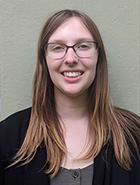
Abbie Cox grew up in Cato, N.Y. on a first-generation dairy farm and currently attends Cornell University as a member of the class of 2021, majoring in animal science with a minor in education and a focus in dairy. On campus, she is involved with the Cornell University Dairy Science Club, Sigma Alpha, Collegiate Farm Bureau, and is a Peer Adviser with CALS Student Services. Cox has interned with the MILC group, the Animal Agriculture Alliance, and is the 2020 Hoard’s Dairyman summer editorial intern.

